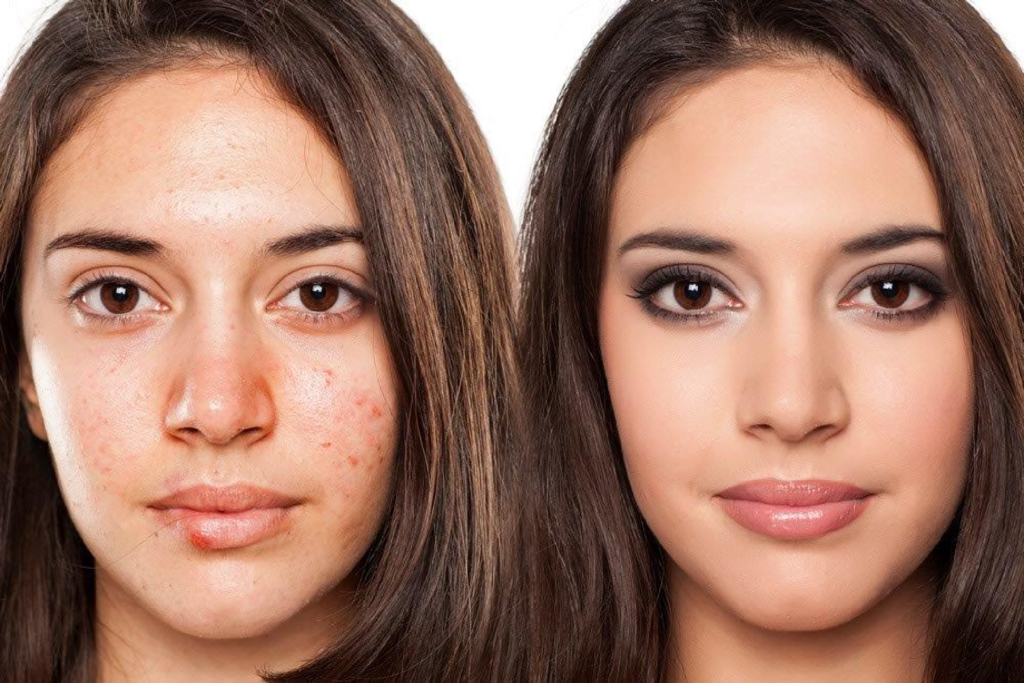To reduce the spread of COVID-19, we have all played our part in keeping each other healthy and safe throughout the chaos. Masks are now an essential safety tool and an indispensable fashion accessory, coming in all different fabrics and patterns. The world is thanking you for practicing the safety measures, but our faces—not so much.
If you have developed acne or are experiencing worsened breakouts, you are not alone. Let’s say maskne (mask acne) is a sign of the times, and it’s not just causing pimples. Dry skin, irritation, and redness are all common mask-wearing side effects. Add in the summer heat and humidity, and it’s a recipe for disaster. Unwanted skin issues are always stressful, so to help, here are some methods to prevent maskne.
Consider the Type of Mask You Wear
The first step in preventing maskne is choosing the proper face mask. Dermatologists suggest wearing lightweight masks made of cotton or silk, like The Vida Cotton Mask, which tend to be gentler on the skin. Synthetics like polyester and rayon are less forgiving and cause friction. Next to the fabric, finding a mask that fits well is imperative. Every time you need to adjust your mask, you are spreading bacteria and causing more problems. Go for a mask with a secure fit, but not so tight that it’s restricting.
Apply Moisturiser Before Wearing a Mask
If your skin tends to be on the drier side, you may be struggling with irritation more than acne. Applying a noncomedogenic moisturiser can help hydrate the skin and create a barrier between your face and the mask. Many dermatologists favour drugstore brands like CeraVe and Eucerin, which contain fewer ingredients than other brands. In the case of maskne, less is definitely better.
Breakup with Makeup (For Now)
Whether you are currently treating maskne or desperately trying to avoid it, skip the makeup for the time being. Foundation, concealer, blush, and powders can clog our pores and prolong the skin’s healing process. If you’re not ready to altogether drop the makeup routine, then consider using a tinted moisturizer with SPF.
Take Care of Your Mask
A handful of workplaces require employees to wear disposable masks. As the name indicates, it’s crucial to toss these masks after each use. If you prefer reusable masks, be sure to wash your mask every day. Dermatologists recommend removing your mask every four hours for 15 minutes to let the skin breathe (when it is safe to do so).
Wash Your Face
As soon as you get home, be sure to wash your face. We recommend using a gentle cleanser to soothe your post-mask skin, followed by a fragrance-free moisturiser. For the time being, try streamlining your skincare routine. Masks can actually intensify the delivery of products, so products with retinol and acids may increase irritation.
Bottom Line
Maskne can be frustrating. We totally understand that! However, it is imperative we maintain these health and safety measures. Regular face cleansing, proper moisturizing, maintaining mask cleanliness, and choosing the correct mask can all help prevent skin problems.
Brooke Parker | Contributing Writer








